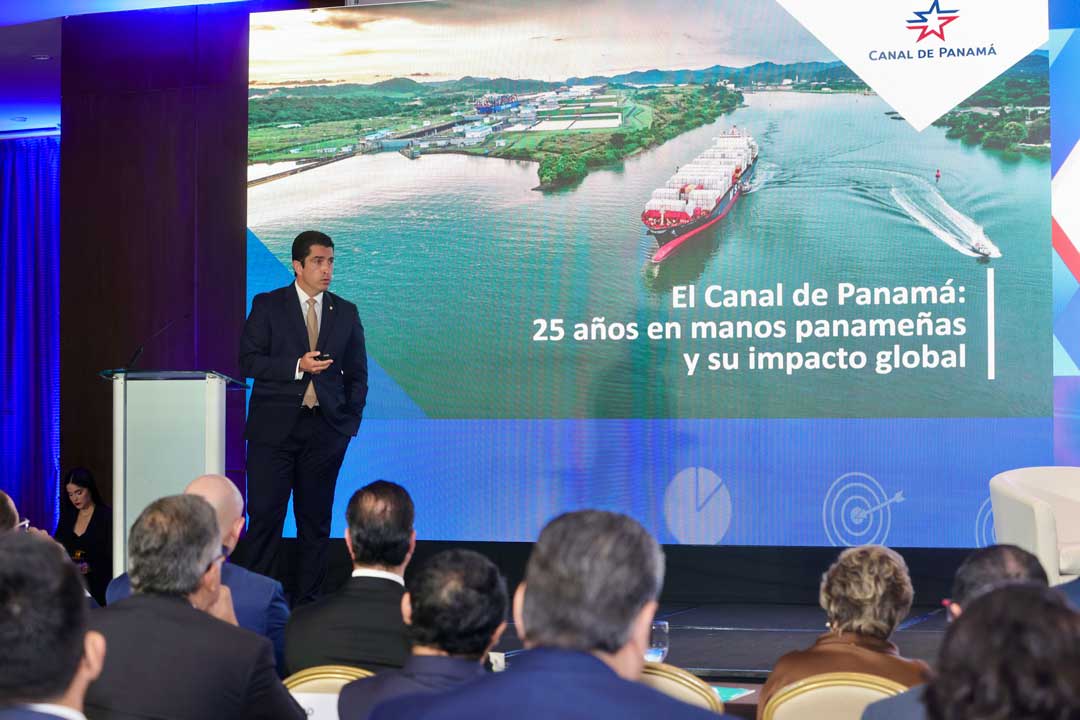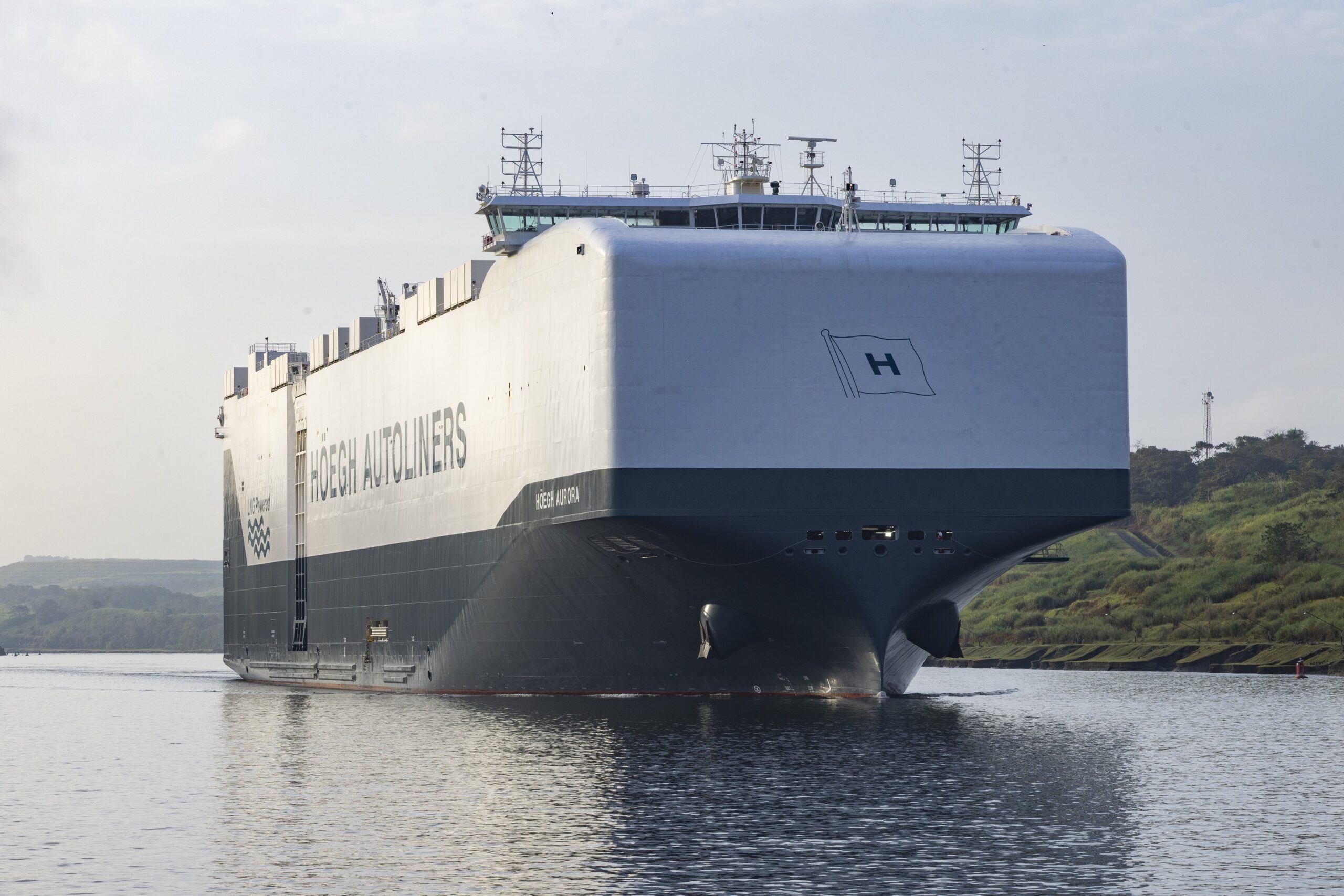Panama, April 1, 2002 – The Panama Canal Authority (ACP) today signed a technical agreement with member agencies of the U.S. National Response Team, enabling the waterway to obtain assistance in case of significant pollution incidents affecting the Canal area.
The U.S. signatory agencies included the Environmental Protection Agency, the Coast Guard and the Department of State, signing respectively as chair, vice-chair, and member of the National Response Team (NRT).
The NRT — composed of 16 U.S. federal agencies — has provided its response assistance capabilities during environmental emergencies in many countries throughout the world. The agencies within the NRT have developed numerous procedures to ensure the coordination of government and private response to oil discharges and releases of hazardous materials.
During the signing ceremony at the Panama Canal Administration Building, ACP Administrator Alberto Alemán Zubieta reaffirmed the spirit of cooperation underlying the agreement in the event of a significant pollution emergency in the Panama Canal area. Depending on the nature of the incident, the ACP may call upon the NRT for the services provided under the agreement.
The support provided by the NRT would complement the ACP’s own contingency activities to counteract environmental emergencies by enabling experienced agencies within the U.S. government to provide assistance with pollution incidents that could affect the Canal area, at the request of the ACP.
With an annual emergency response budget of approximately $7 million, the ACP conducts quarterly exercises to sharpen emergency response skills and procedures, performing both simulations and table-top exercises to guarantee adequate emergency preparedness at the waterway. These strict training requirements reinforce the Canal’s organizational structure, which is designed for the efficient safeguarding of human lives, the environment and Canal facilities.
Some 600 ACP employees in the Emergency and Contingency Management Division, the Canal Protection Division, the Environmental Management Division and the Safety Division work closely to preserve the safety and security of the waterway.
Under the terms of the agreement signed today, the ACP would notify the U.S. National Response Center after activating its own Contingency Plan and determining that a significant pollution incident has occurred. If necessary, a technical assistance team would be deployed to assist the ACP, with the team leader reporting to the ACP Incident Commander, who would remain in charge of the incident.
The new accord also provides for an annual tabletop exercise to ensure the continuity in communications, planning and operations between the participating agencies from both countries, should an event require the activation of the assistance agreement.
The agreement was signed today by Alberto Alemán Zubieta, Panama Canal Authority Administrator; Frederick A. Becker, U.S. Embassy Chargés d’Affaires, and Rear Admiral Paul J. Pluta, Assistant Commandant for Marine Safety and Environment Protection.




